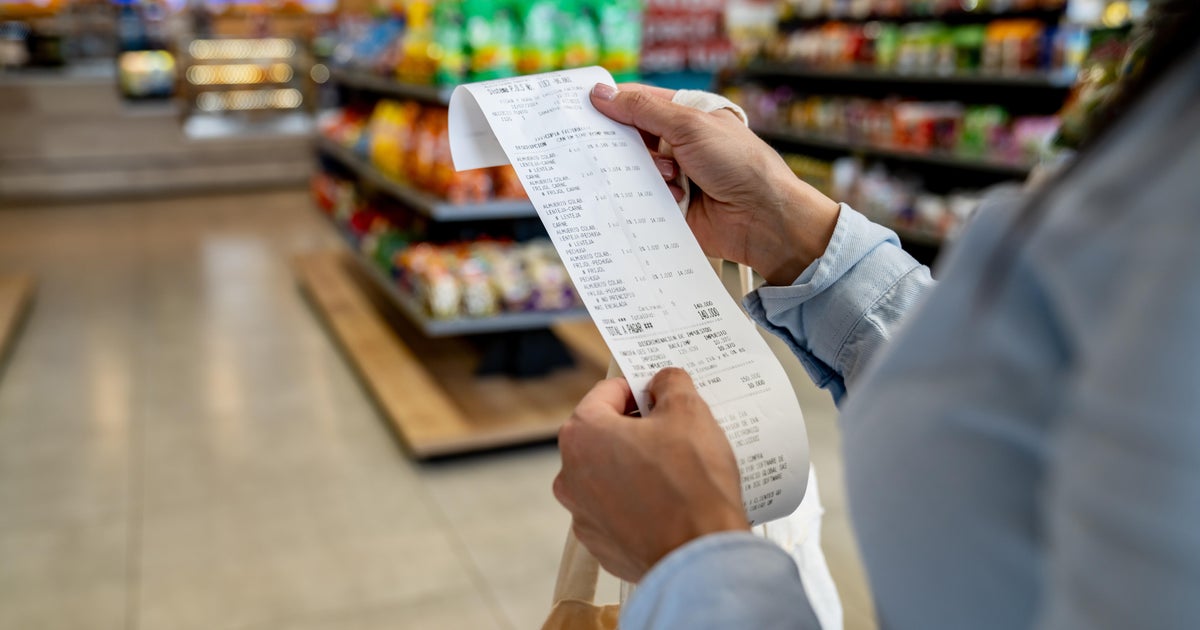Snap and Blue Apron are dulling IPOs' allure
Before their recent initial public offerings, investors thought social media company Snap (SNAP), parent of the Snapchat messaging service, and meal-kit provider Blue Apron (APRN) could do no wrong. Now, the once-highflying startups can't seem to do much right.
Shares of Snap, which ended its first day as a public company in March at $24.47, closed Tuesday at $13.10, a decrease of more than 46 percent since its debut. Blue Apron went public in June at $10.01, but Tuesday's $6.37 closing price is more than 36 percent below that. Both companies are currently valued below the levels that investment bankers priced the IPO shares to generate interest among investors.
"Blue Apron and Snap are companies where there are increasing doubts about whether their business models are going to succeed in being profitable," said Jay Ritter, a professor at the University of Florida who tracks the IPO market. "I view both of these companies as situations where it's company-specific problems rather than general market conditions affecting the IPO market."
The two do have some things in common. Both lose money and have no clear path toward profitability. They also face some formidable adversaries. Facebook (FB), for instance, has added Snap-like features to its site, gaining additional users at its smaller rival's expense.
Amazon (AMZN) has announced plans to launch its own meal kit service, which is expected to gain traction after its Whole Foods (WFM) transaction closes, putting further pressure on Blue Apron.
Both Snap and Blue Apron are due to report earnings Aug. 10.
"Investors want to hear how [Blue Apron is] addressing Amazon's targeting of their market," said Kathleen Smith, Renaissance Capital's manager of IPO exchange-traded funds. "For Snap, their first-quarter earnings report after they went public was a disappointment. There's a lot of nervousness about whether Snap is going to show the growth that investors had been expecting."
The IPO market overall is on the rebound from last year's dismal performance, when it posted its worst slump in more than a decade. About $30 billion has been raised from 105 offerings through July, nearly triple the amount raised a year earlier, according to DealLogic. Indeed, the 16 tech IPOs year-to-date have posted average returns of 14 percent, topping returns in health care, financials, real estate and energy, according to Renaissance Capital's Smith.
However, in light of Blue Apron's and Snap's struggles, some entrepreneurs and investors are questioning the valuations of private companies, especially the approximately 170 so-called unicorns -- companies that have $1 billion-plus valuations, such as Uber and Airbnb, which also have uncertain paths toward profitability.
Uber probably isn't going to test the public markets until it finds a CEO to replace Travis Kalanick, who was forced to resign earlier this year. Airbnb CEO Brian Chesky has indicated the online room rental company may go public next year.
Other companies backed by private equity investors may find themselves being pushed to go public. "A lot of these companies are going to have to present themselves to the public market," Smith said. "It may not be pretty, but the pressure to monetize is really high."



